The Lutyens believes their visceral hatred for PM Modi gives them the ticket to use any means to destabilize the country in order to weaken Modi. But in spite of all the attempts by this syndicate, Modi has successfully managed to bring in transformation that India much needed.
Uri Surgical Strikes
Prime Minister Narendra Modi’s approach towards national security has been truly transformative. The Surgical Strikes were the first display of political resolve after years of indecisiveness in dealing firmly with threats.
Read Time: 9 minutes
click play to listen to the article
उत्तिष्ठत जाग्रत प्राप्य वरान्निबोधत ||
Arise. Awake. And stop not till the goal is reached.
‘Rubbish! Total rubbish!’ Jawaharlal Nehru, the then Prime Minister of India shouted. ‘We don’t need a defense plan. Our policy is ahimsa (non-violence). We foresee no military threats. Scrap the army! The police are good enough to meet our security needs’. According to Major General AA “Jick” Rudra’s biography, Nehru’s remark came when the Indian Armed Forces’ First Commander-in-Chief Gen Sir Robert Lockhart went to him in 1946, asking for a government directive on India’s defence policy. The book says that Sir Robert Lockhart told Major General AA “Jick” Rudra that Nehru had refused to even look at the documents. For decades after Independence, India remained behind the global curve in addressing her security issues, primarily because of pure lack of any political will. These limitations ensured that we remained embroiled in conflict management instead of pursuing conflict resolution. Nehru’s indifference cost India a lot. But instead of learning from past mistakes, successive Congress governments continued to display equal, if not more indifference towards India’s security establishment. Surgical Strikes against Pakistan-based terrorists, including specific operations to target their leadership, were discussed by the Manmohan Singh-led cabinet committee on security in the aftermath of the 26/11 attacks on Mumbai. But these were abandoned for a clear lack of political will. Former Indian Air Force chief Fali Homi Major said the force had planned a Surgical Strike to avenge the 26/11 Mumbai terror attacks, but never received approval from the then UPA government. He added, “We were deployed and waited for nearly a month. But government approval never came”. This infallible guarantee of India’s reluctance to cross the self-imposed restriction gave immunity to the Pakistani ‘deep state’ that continued to bleed India. But Modi’s unprecedented determination and political will made something finally possible, something that was seemingly unthinkable in the past.
On 29 September 2016, within a fortnight of the Uri attack, India conducted Surgical Strikes against terrorist launchpads across the Line of Control in Pakistan Occupied Kashmir. Earlier, on 18 September, four Pakistani terrorists had attacked the Indian army at Uri which had resulted into the death of 19 Indian soldiers. After the attack at Uri, the Narendra Modi government had given our armed forces a, “freehand”, to formulate any action plan necessary to protect our nation. In response, the Close Target Reconnaissance, CTR, carried out operations to stalk out and identify the targets, the infiltration routes, and the approximate times for infiltration and exfiltration. For days they stalked the terrorist launchpads used to infiltrate militants into India. On the night of September 28, Paratroopers from Special Forces were airdropped at the LOC around 12:30 am, from where they crossed over 3 Kms to the Pakistani side. Teams from 4 Para crossed the LoC in the Nowgam sector of Kupwara district, while teams from 9 Para simultaneously crossed the LoC in Poonch district. Close to 100 specially trained operators exhaled gently into enemy territory as they lay in wait at multiple locations across the Line of Control. The soldiers blended themselves into the rugged topography. Their combat fatigues blended into the forest; their faces were streaked with camouflage paint; their skin was covered in a thin film of mud and leopard urine to suppress body odor from Pakistani sniffing dogs; their weapons had been blackened. They had lain in ambush for over 48 hours. The Indian soldiers had crossed into a land belt where vision drops to less than a meter in broad daylight; where the crackle of twigs could well be a wild bear, a marauding panther, a terrorist or a Pakistani SSG operator. At H-hour, when a coded signal went out to the team, the soldiers opened up with the portable artillery they had backpacked across the LoC — Carl Gustaf rocket launchers, thermobaric rockets, under-barrel grenade launchers clipped on rifles and ‘Milkor’ multiple grenade launchers that spat out six 40 mm grenades in one pull of the trigger. The aim was to inflict maximum damage to the terrorist infrastructure.
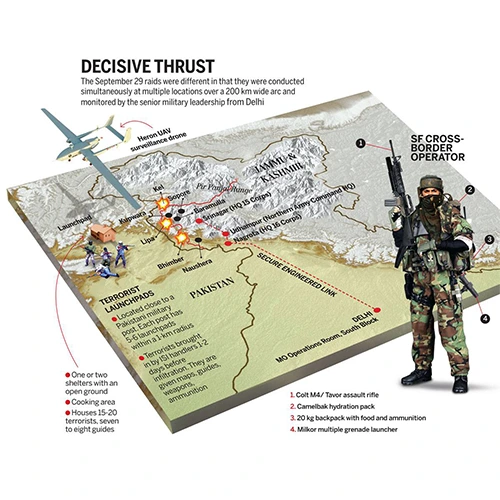
The September 29 surgical strikes were different in that they were conducted simultaneously at multiple locations over a 200 km wide area.
The Surgical Strikes were carried out across multiple location in Bhimber, Hotspring, Kel, Athmuqam, Tattapani & Lipa sectors. At each location, the operation was terminated in minutes. The explosions were captured on hand-held cameras and by Indian Army drones floating above, relaying the images back to base. On the first floor of the South Block in Delhi, India’s military leadership monitored the operations along with Prime Minister Narendra Modi and Raksha Mantri Manohar Parrikar. 7 terror launchpads were destroyed and an estimated 38-70 terrorists were dispatched to hell, including 2 Pakistani soldiers. There were 0 casualties on the Indian side. The Indian armed forces covered a frontage of over 200 kms, both north and south of the Pir Panjal range. In 2017 the Indian government conferred gallantry awards to nineteen soldiers who had participated in the strikes. Among those who received awards include Major Rohit Suri, the leader of the operation who was honored with the Kirti Chakra, the second highest peacetime gallantry award. India’s response in the form of Surgical Strikes, the first of its kind across the Pakistani border, indicated a change of stand on the rules of engagement. With this action, India gave the befitting message that it can strike on terror launchpads by crossing the border if the need arises.
The strategic plan executed through the Surgical Strikes achieved many firsts and substantial gains. It was a distinct departure from the strategic and tactical approaches India had adopted in the past as it lay a new foundation for India’s response to Pakistan sponsored terror. It changed the world’s perception of how India would act if its national interests are compromised through terror attacks or dirty games. It also showed the world that India will care for nobody but only its national interests if provoked and pained. With a no-nonsense Prime Minister, India begun to show a new sense of reliability in its national security that was long caught between administrative confusion and lack of political will.
By many counts, Prime Minister Narendra Modi’s approach towards national security has been truly transformative. The Surgical Strikes were the first display of political resolve after years of indecisiveness in dealing firmly with threats, both internal and external. India under the leadership of Prime Minister Modi became only the third nation in the world after the United States and Israel to carry out cross-border strikes. It was a clear message that India would not allow safe harbor for terrorists either in its own territory or outside. The old paradigm of India’s responses to Pakistan-backed terrorism now stands irrevocably shattered, not only by the Surgical Strikes across the border, but by the radical shift in the political discourse, and the round of aggressive diplomacy with friendly nations that followed it.
When earlier, the worst punishment that Pakistan got was a temporary suspension of talks which would soon be back, abandoning all conditionalities, meekly surrendering to Islamabad for a resumption of “dialogue”. This fruitless cycle of the Indian policy pendulum between talks and no talks was successfully veered on to a new course by Narendra Modi. The Surgical Strikes showed that this is the New India, a New India where the unthinkable was thought out aloud and the undoable done. A New India which doesn’t shy back from giving a befitting answer to those who wish to put our nation at risk. In this New India, Narendra Modi has helped lift the sense of despair that had gripped the country over the lack of any tangible response to Pakistan-backed terrorist attacks. The New India signals an end to the era of Indian inaction and has put Pakistan on notice that India would henceforth respond in punitive, hard-to-anticipate ways.
Tags: Narendra Modi, Defence, The New India
Share this article:
Leave a Comment
Recommended For You
India stands transformed under Modi’s leadership, achieving milestones in infrastructure, security, and economic growth once neglected under Gandhi rule. Yet, persistent pessimism blinds us to this progress. To secure India’s future, voters must embrace decisive leadership and reject divisive dynasties.
India is in the early days of its most vicious election campaign. While we may see the opposition and its darbaris, just like when the Pulwama attack took place, speaking in one voice, it won’t be long, we’ll see them resorting to questioning and doubting today’s air strikes.
Today, there exists a group of perpetual critics who seem to have mastered the art of opposing every decision made by Prime Minister Narendra Modi. For these individuals, their preconceived notions and staunch allegiance to a particular ideology cloud their judgment, rendering them unwilling to objectively assess the merits of →Read More →
The first ever aircraft carrier to be indigenously designed and constructed, the much-awaited INS Vikrant was launched by Prime Minister Narendra Modi on 2 September 2022.
Prachand — India’s first Made in India Light Combat Helicopter is another milestone towards self-reliance in the defence sector and Atmanirbhar Bharat initiative led by Prime Minister Narendra Modi.
The people of the country found Damocles sword hanging over their heads during Congress tenures. The Congress tenure must serve as a reminder to us that never again shall we allow our fate to be put in the hands of such evil forces. Never ever!
It is only in India where the soldier not only fights the enemy but also the politician, the separatist, the journalist, the leftist, the human right activist and an assortment of opinions. It is time we stand together, show our soldier that we are not ungrateful, that we acknowledge and →Read More →
Prime Minister Narendra Modi's philanthropic endeavors, exemplified through generous donations to education, healthcare, and environmental conservation, have left a lasting impact on India. His dedication to public service, including donating prestigious awards and prize money, sets a positive example for others to actively participate in philanthropy and bring about meaningful →Read More →
The latest election results have also established that a good majority of Indians perceive Modi to be a man they can trust, a man who can bring about development, a man who can bring in change, a man who can transform their lives for the better.

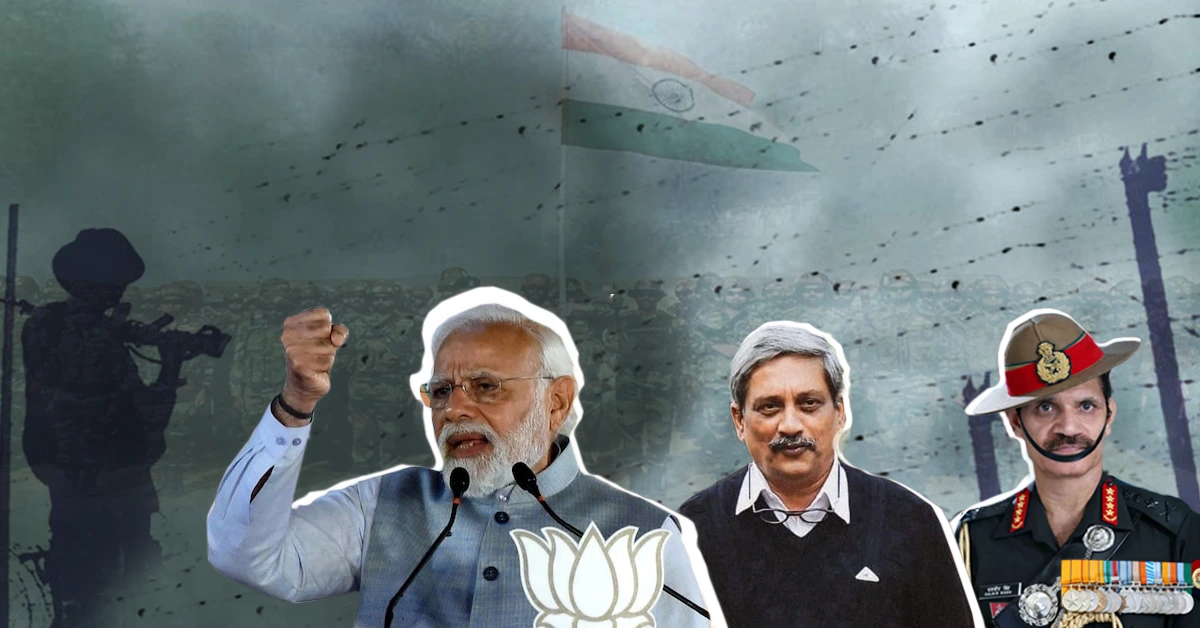


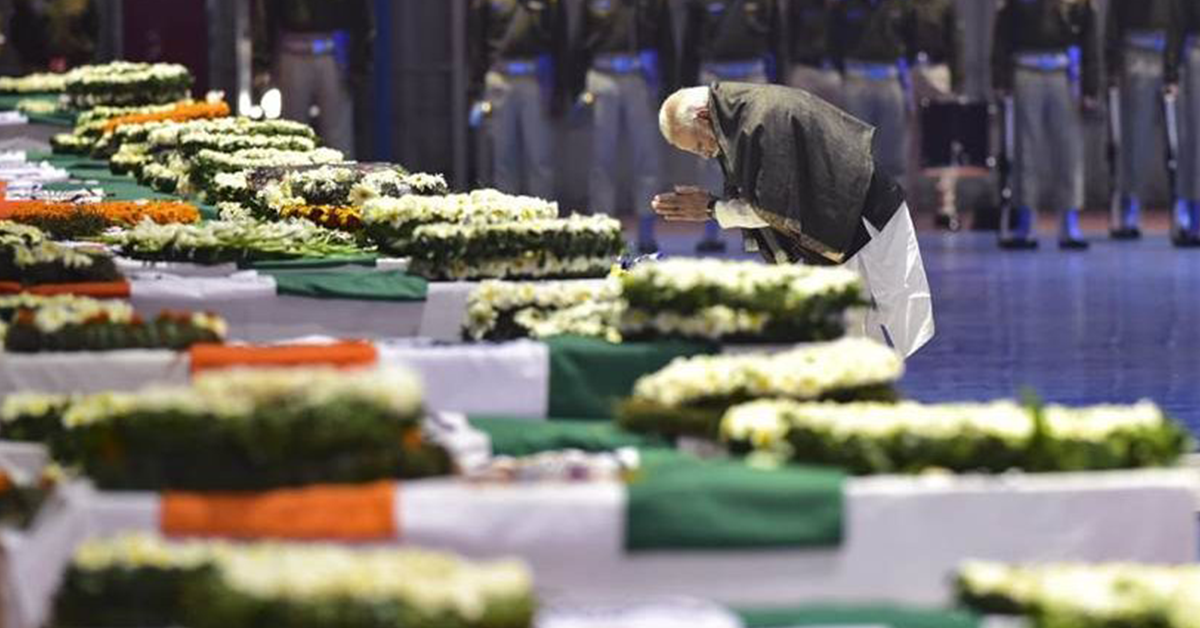
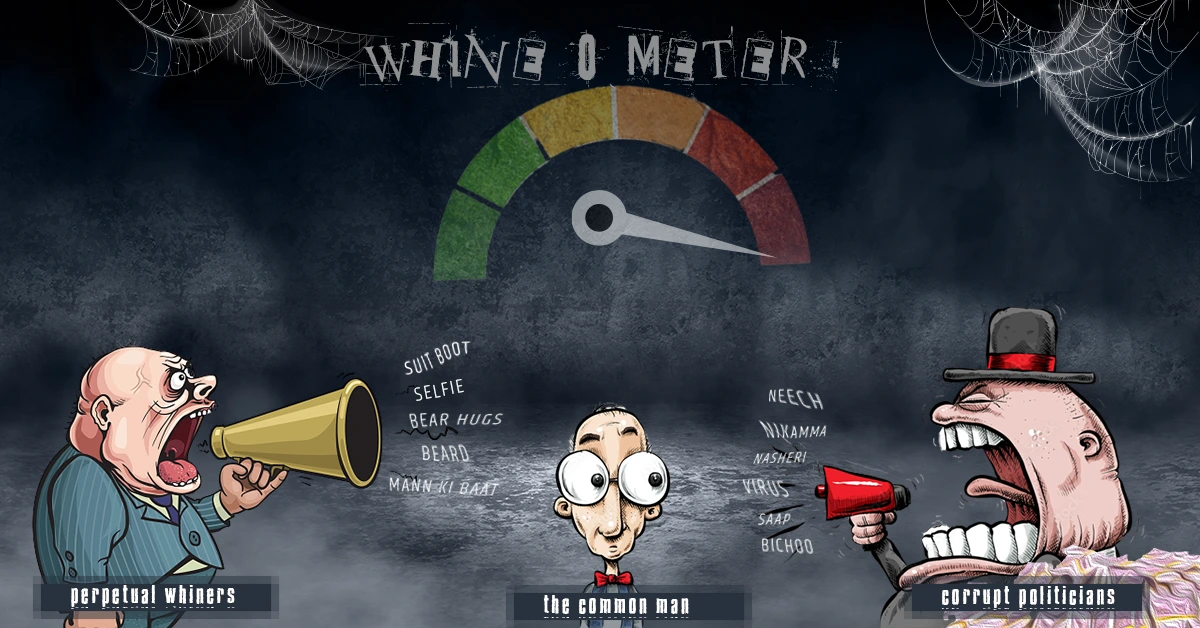
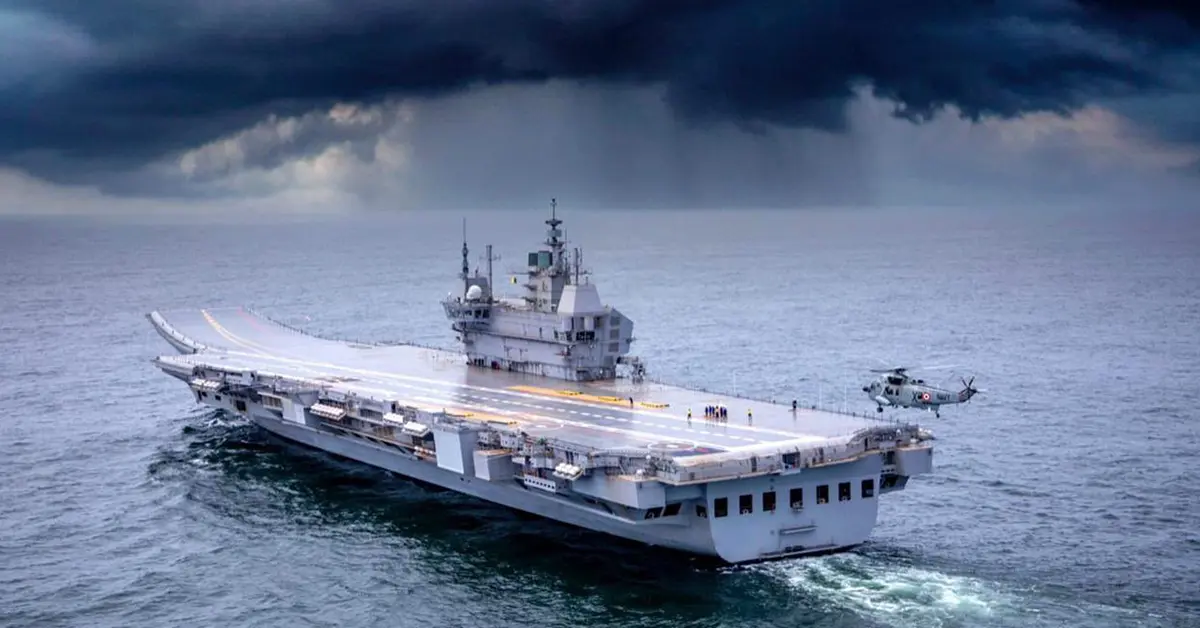
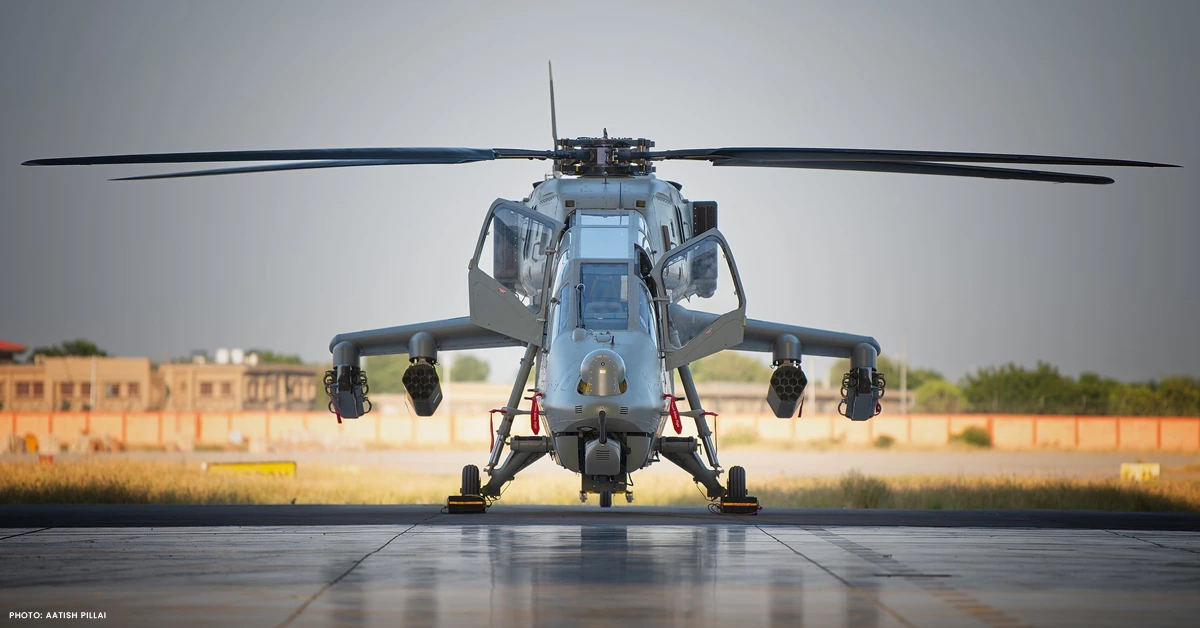
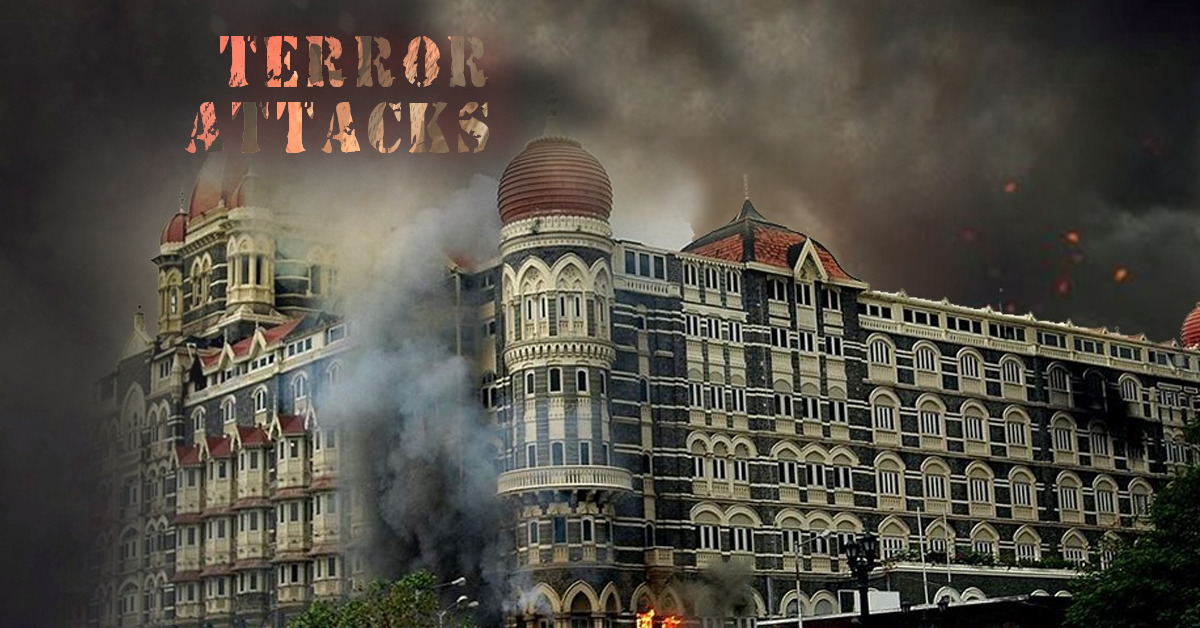
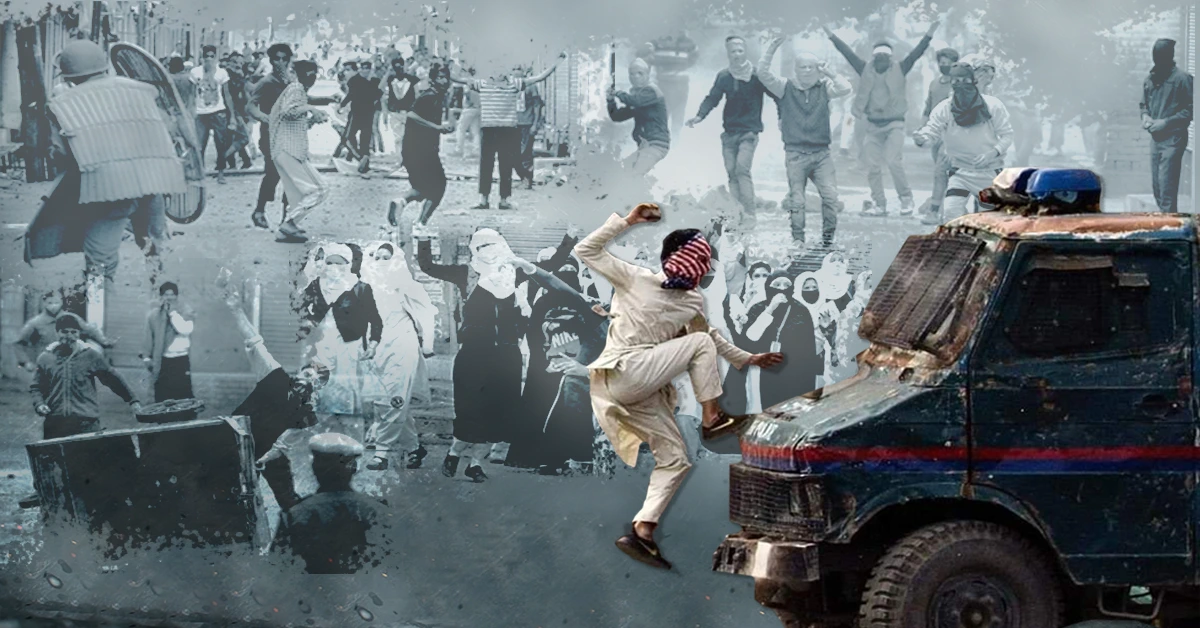
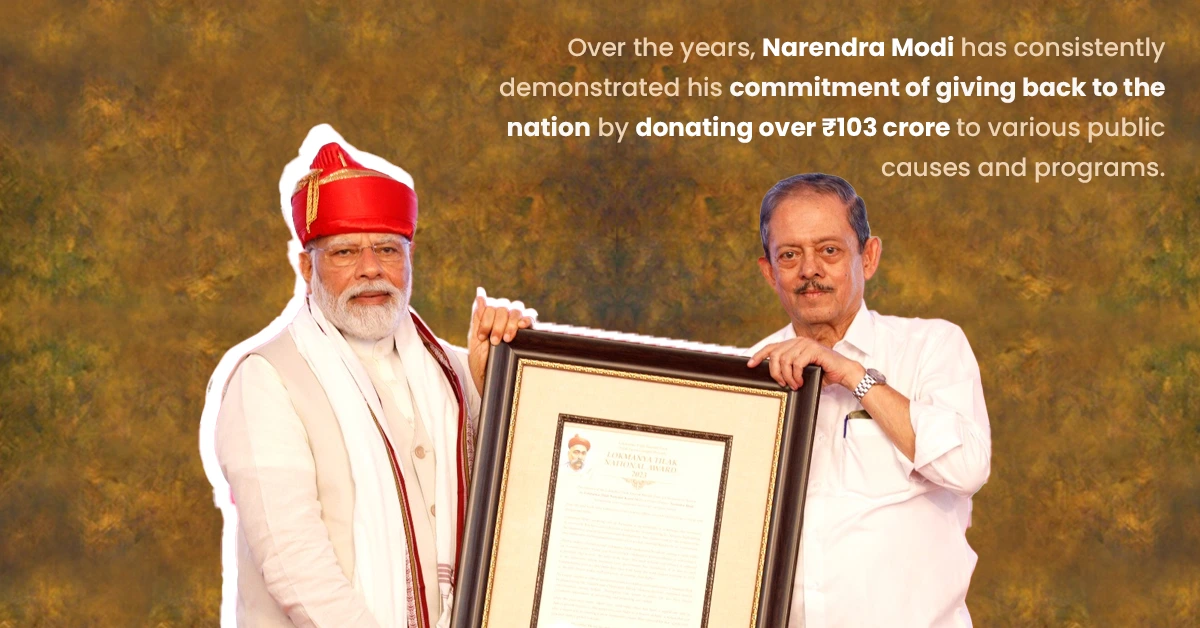
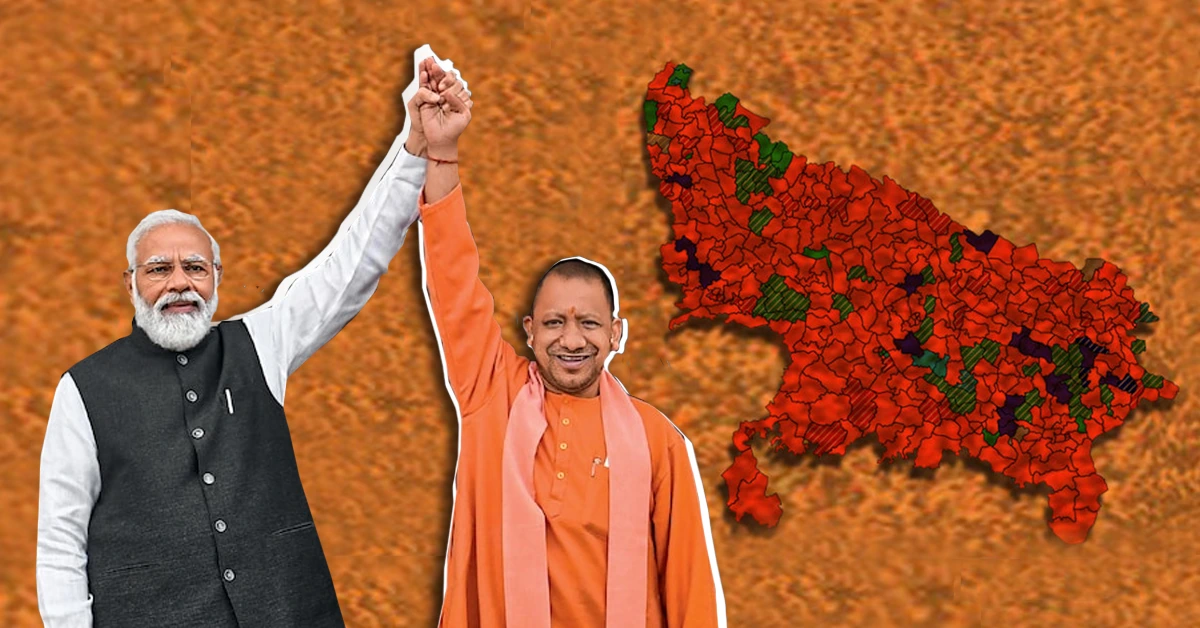
1 thought on “Uri Surgical Strikes”
Very true Gaurav. Bharat has got new confidence. Bharat is gradually becoming self reliant on arm production which is making West nation’s very uncomfortable as they were playing double game with us by selling weapons to us and giving free bees to our enemies to get next version of sold veapon so that we again spend money to purchase next version again. This cycle is breaking now.